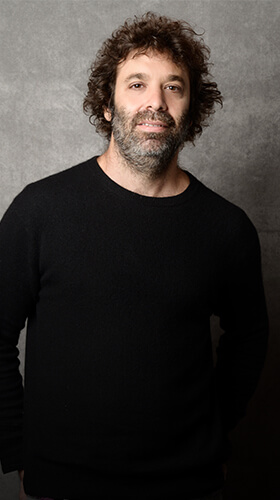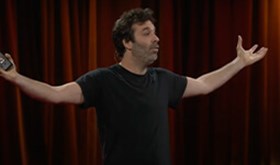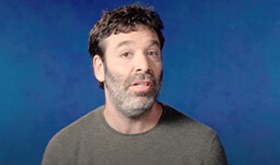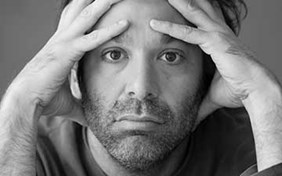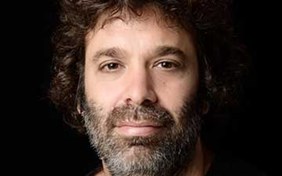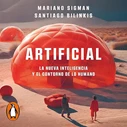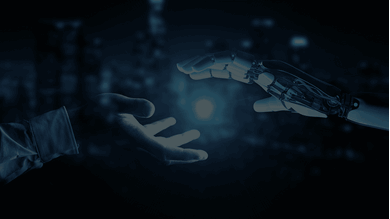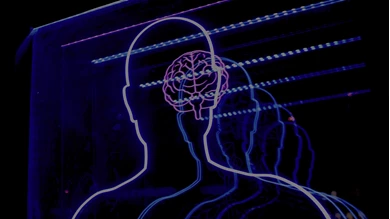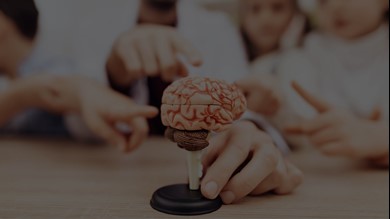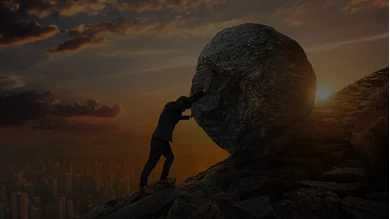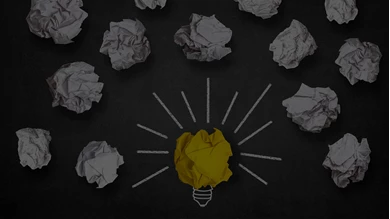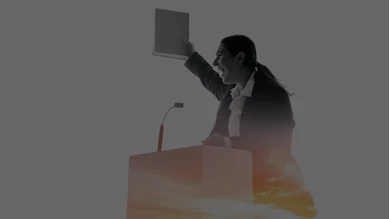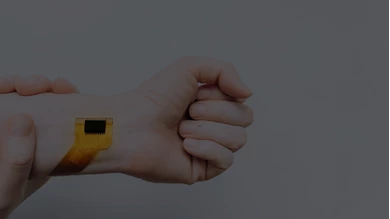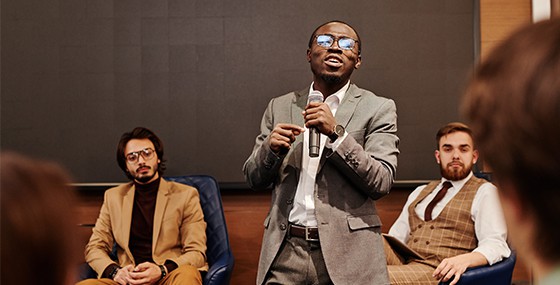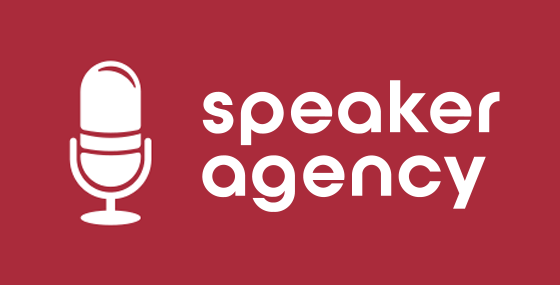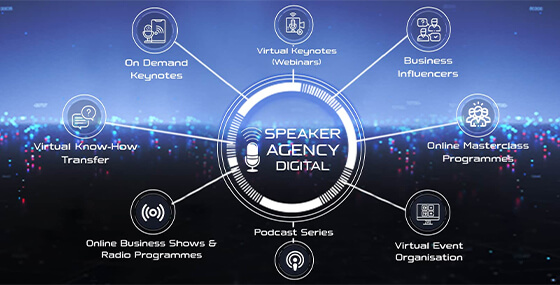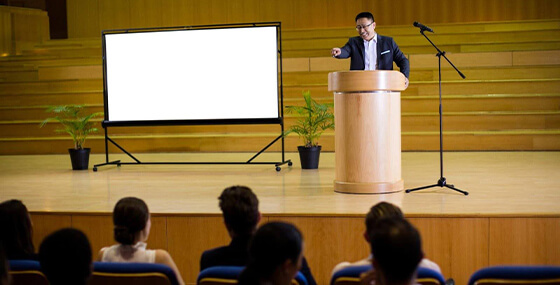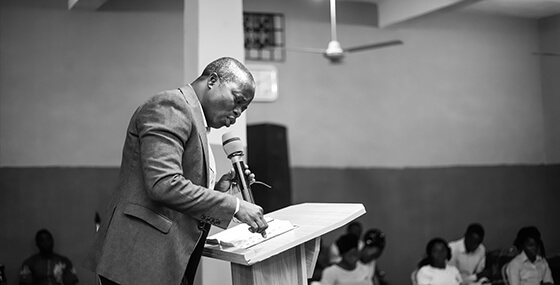At all levels of life, we make decisions that define us as individuals or as societies. Yet we rarely reflect on the process by which we make these decisions. Science has taught us that this path is full of idiosyncrasies, biases, errors, or distortions.
Learning and transformation
Science has taught us that, contrary to what intuition sometimes suggests, the brain does not stop changing and therefore we do not lose the ability to learn and transform ourselves.
In fact, almost all of us feel that it is more difficult for an adult to change. But today we know that this is largely an illusion, and that in the right circumstances an adult has an extraordinary capacity to learn.
In this conference we will understand why we generally perceive that as adults we have atrophied the capacity to learn and transform ourselves and how to reverse this from both an individual and corporate perspective.
Armed group operation and leadership
Leadership is one of the clearest examples where the social and the biological mix. We see it in all species, we see how it depends on hormones and other elements of physiology. And, of course, it depends on social, cultural, environmental factors. Leadership is also an extraordinary example of diversity. There is not one way to be a leader, there are many. But within this diversity there are regularities, common mechanisms in the gestural, the verbal, the prosodic, the corporal that are in the essence of human communication.
Neuroscience and creativity
Creativity is to this day one of the most mysterious human virtues. It seems an elusive place for deliberate method, difficult to discover when and why it expresses itself most effectively or how it is taught or developed. It is even often difficult to define it. The aim of this talk is, from a constructive but at the same time critical and skeptical place, to understand.
Collective intelligence
In general, in complex problems, knowledge is distributed. In a group, each person has a partial knowledge. The question that motivates this talk is what is the best way to aggregate and take advantage of this knowledge: listen to all the voices, listen to the expert, discuss, debate? We will see in this talk from wisdom to the madness of the masses, problems where it is convenient to discuss and debate opinions and others where it is convenient to rely only on one voice. From simple mathematical principles that explain and demonstrate how to decide to understand the biases of how our decisions work and our way of sharing information to understand how to add the collective knowledge for a group or corporation to make the best decisions.
The Brain Frontier and the Future of Human Communication
In these years we are discovering how to decipher the code of the human brain, as was done in previous decades with genes. We can begin to read and write in the human brain, and this presents us with unprecedented technological and ethical prospects.
The power of words
Our minds are much more malleable than we think. Surprising as it may seem, we retain throughout our lives the same capacity to learn that we had when we were children. What we do lose over time is the motivation to learn, and so we build up beliefs about what we cannot be: the one who is convinced that math is not her thing, the one who feels she was not born for music, one who believes she cannot handle her anger, and another who cannot overcome fear. Demolishing these judgments is the starting point for improving anything, at any point in life.
The same dynamic is replicated in the corporate world. A company or a team is built on narratives about what they can and cannot be. Impossible products or markets. Competitors in other leagues and unbeatable. Work habits that seem impossible to change. Science shows us conclusively that each of these things, both in the realm of life and the corporate world, is much simpler to change than we suppose.
This is what this talk is about, identifying those barriers that we impose on ourselves, how to break them down, and how to get to places that might seem completely unthinkable, based on the concepts developed in the best-seller "The Power of Words" published in 2022.




